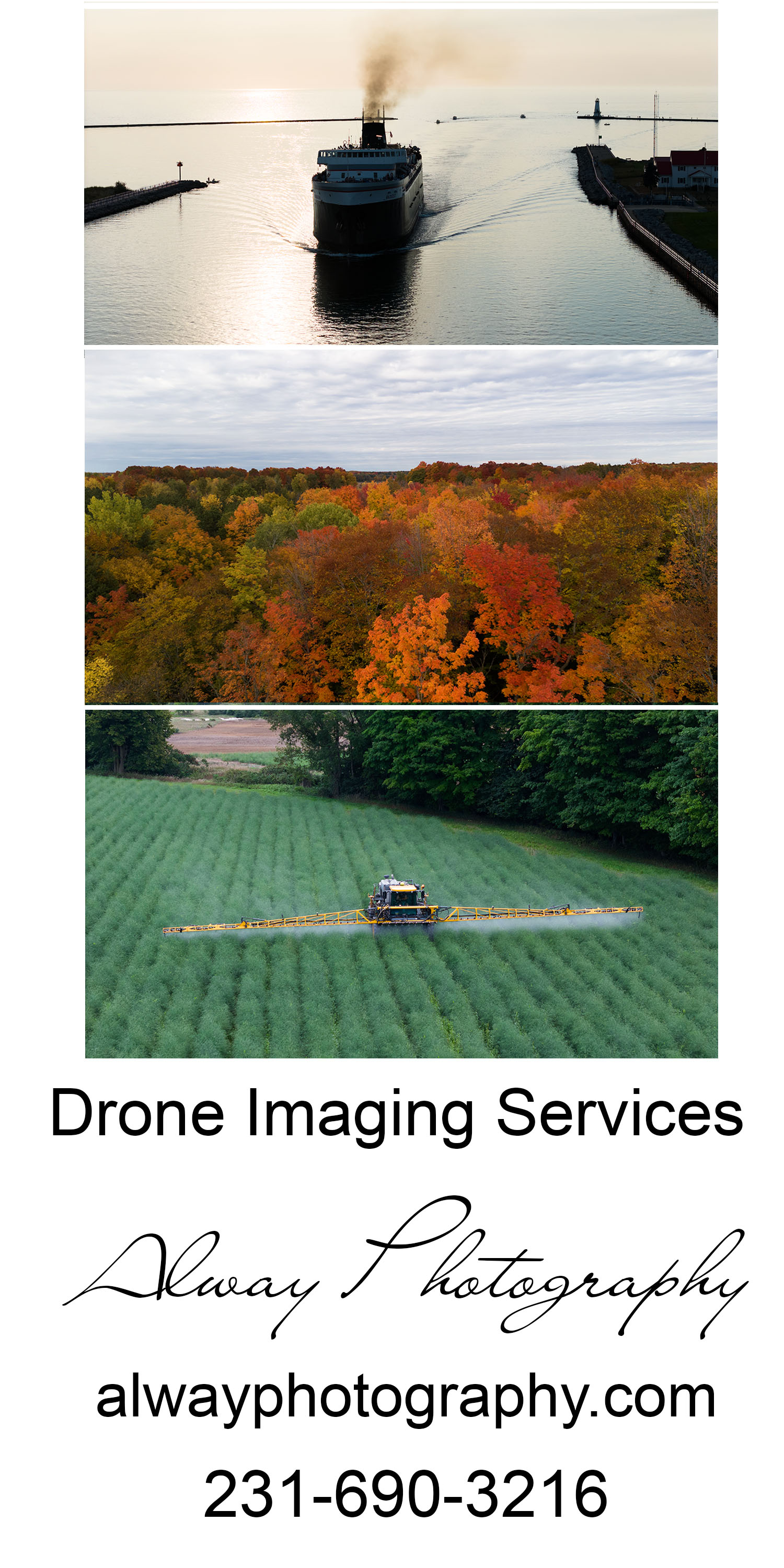Most of Michigan’s wildfires occur in the spring – April, May and June. According to the Department of Natural Resources, which is responsible for wildland fire protection on 30 million acres of state and private land, April is when wildfires start becoming a problem. During the state’s annual observance of Wildfire Prevention Week, April 20-26, the DNR reminds the public about the dangers of wildfires.
“One out of three wildfires in Michigan is caused by someone burning debris who did not take proper precautions or obtain a burn permit,” said Paul Kollmeyer, resource protection manager within the DNR’s Forest Resources Division. “Many people look outside and think the snow and spring rains have taken the edge off the wildfire danger.”
That’s not the case, Kollmeyer said.
“The dried leaves, needles and brown grass from last year are still there. When the weather is warm, folks want to get out and clean up their yards. They don’t realize that all it takes is one strong wind gust catching an ember to ignite a wildfire.”
Kollmeyer said this is why planning is so vital before a match is even lit.
A person is required to get a burn permit prior to burning brush and debris in Michigan. Residents in the northern Lower Peninsula and Upper Peninsula can obtain a free burn permit by visiting www.michigan.gov/burnpermit. Residents in southern Michigan should contact their local fire department or township office to see if burning is permitted in their area.
In addition to obtaining a burn permit, the DNR recommends people take the following steps to reduce the risk of wildfire to their home and property:
- Clear leaves and other debris from gutters, eaves, porches and decks. This prevents embers from igniting your home.
- Keep your lawn hydrated and maintained. Dry grass and shrubs are fuel for wildfire. If it is brown, cut it down to reduce fire intensity.
- Remove fuel within 3 to 5 feet of your home’s foundation and out-buildings, including garages and sheds. If it can catch fire, don’t let it touch your house, deck or porch.
- Remove dead vegetation surrounding your home, within the 30- to 100-foot area.
- Wildfire can spread to tree tops. If you have large trees on your property, prune them so the lowest branches are 6 to 10 feet high.
- Don’t let debris and lawn cuttings linger. Chip or mulch these items quickly to reduce fuel for fire.
- When planting, choose slow-growing, carefully placed shrubs and trees so the area can be more easily maintained.
- Landscape with native and less flammable plants. For more information about making fire wise landscaping choices, visit www.firewise.msu.edu.
“Be safe and smart when it comes to fire,” Kollmeyer said. “Fire prevention is everyone’s responsibility.”
For more tips in safeguarding your home and property from wildfire risk, visit www.michigan.gov/




























 (1).gif)

















.png)














